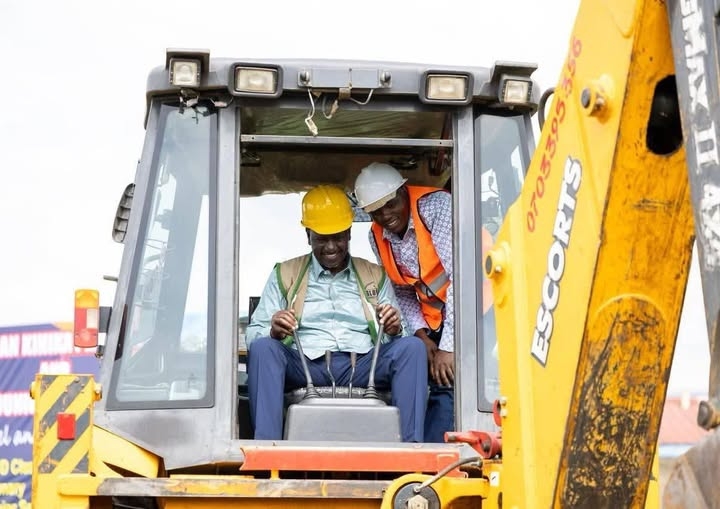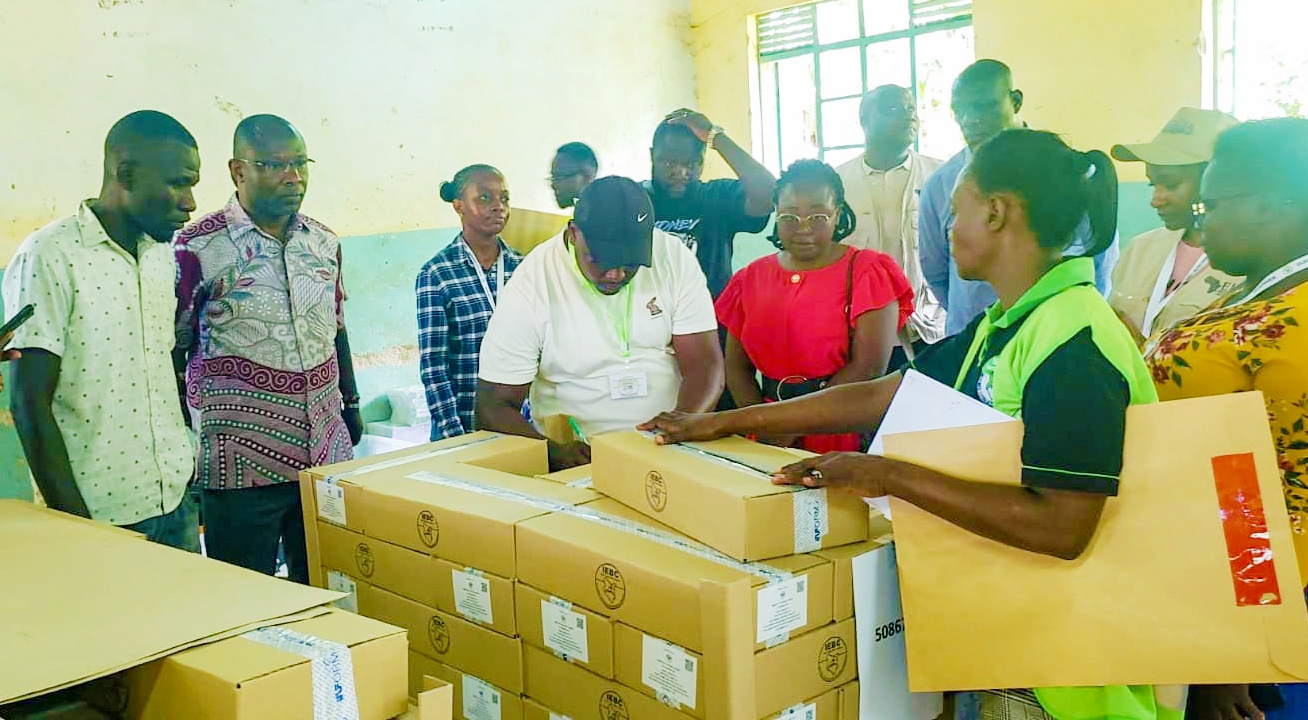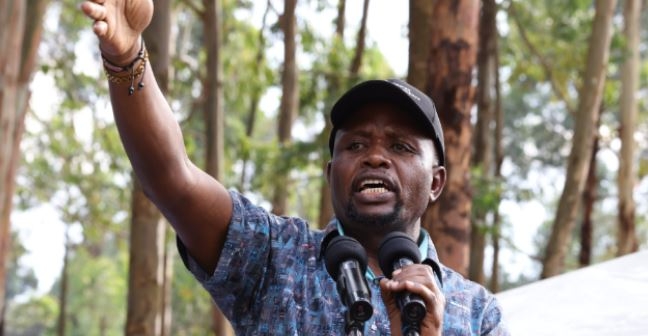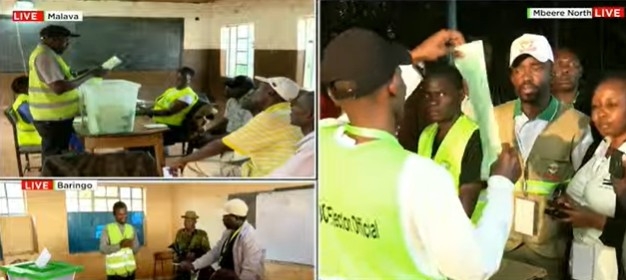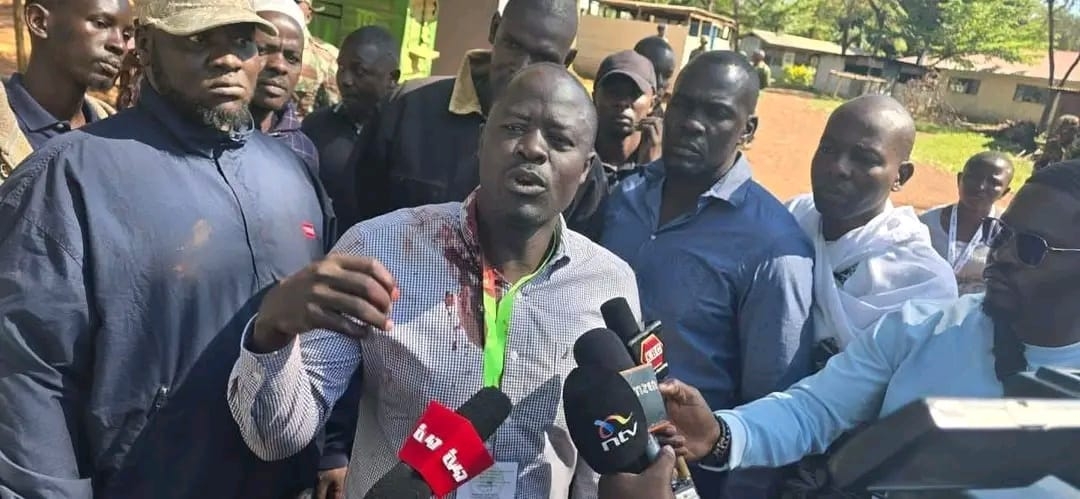Women in Garissa and the larger Northeastern region have been encouraged to seek leadership and participate in decision-making.
The dominant Somali community is largely patriarchal, preferring men in leadership to women.
The Muslim for Human Rights organisation is now calling for more inclusion. Through the Electoral Conflicts Mitigation and Civic Education Support programme, the NGO conducted a women's civic education forum to empower them on their rights and opportunities for involvement.
Speaking at the meeting held in Garissa, Muhuri county coordinator Abdishukri Jelle said the initiative aims to empower women to contribute their perspectives and inputs within the framework of the law.
“Women in Garissa and the larger pastoralist community carry the overwhelming burden of reproductive labour within families. This includes collecting fuel and water and cultivating subsistence crops to feed their families," he said.
"Participating in public decision-making beyond their immediate needs for survival may seem like an impossible extra burden. Therefore, this initiative aims to empower women to contribute their perspectives and inputs within the framework of the law.”
Jelle said institutional gender bias represents a challenge to all women seeking equal participation and competing for leadership positions.
Skepticism and mistrust about women’s ability to lead and the stereotypes and prejudices about their role in society and their lack of suitability for leadership roles and religious decision-making, are among the major challenges women in Garissa face.
“Lack of education and low levels of literacy make access to information difficult and commonly undermine the confidence and skills needed to enter public life whether at village, community, local, or national level,” he said.
Women are also less likely to have the networks, contacts and experience expected of public leaders, Jelle said, adding that such programmes will go along way in helping them achieve these strenghts.
Fatuma Badhia, a vocal Garissa-based human rights activist and champion of women's leadership, regretted that retrogressive cultural beliefs that have only served to further oppress women have not made the situation any better.
She, however, said that residents are determined to change the narratives and perceptions through empowerment programmes like the one conducted by Muhuri.
“I want to sincerely thank Muhuri, which through the ECCES programme, has embarked on a training composed of youth and women. We all have a role to play in changing the narratives and perceptions in the society especially on matters leadership,” she said.
Abdiwahab Ibrahim, regional coordinator for the National Gender and Equality Commission, said the commission is committed to promoting gender equality and ensuring that the rights of all citizens are upheld.
Despite significant progress made as a country, gender disparities persist in many areas, including political representation, economic participation, and access to education and healthcare.
Ibrahim said in the three counties of Northeastern Kenya, only two women were elected to the Wajir county assembly.
He urged stakeholders to continue supporting initiatives that promote women’s education and civic engagement and encouraged that they work together to create an environment where women are empowered to lead, make decisions, and contribute to the development of society.
The NGEC remains committed to this cause and will continue to collaborate with organisations like MUHURI to achieve shared goals," Ibrahim said.
“Restrictions on women’s mobility, be they cultural, legal, or the result of women’s own fears of encountering violence and harassment if they leave the safety of their own communities



